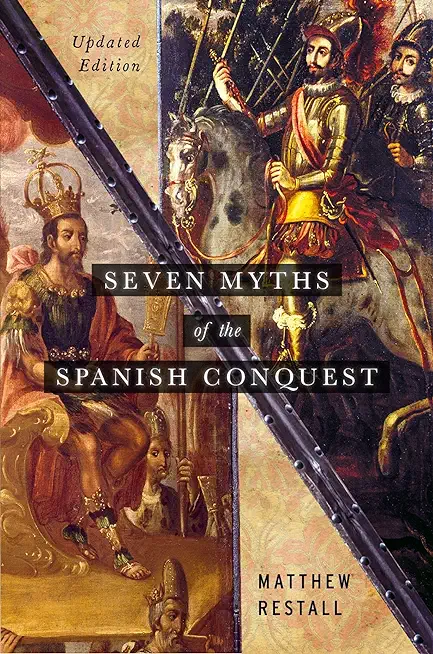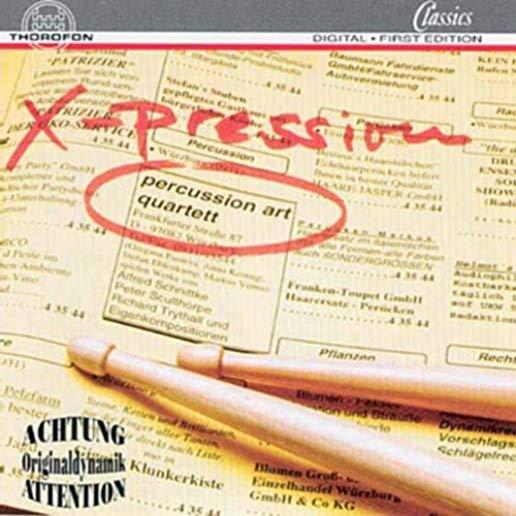
In the fable, we follow the anthropologist Philippe Farber as he studies developments in Korea, starting from the time of the terrible wars, with all of their gruesome atrocities, which disrupted everything-and continuing up until he Korea of modern times. In the fable, we look over Philippe's shoulder as he dives into and follows the lives of traditionally rooted Korean families during the development of modern Korea and with his help we get a glimpse of the deep and lasting impact of the trauma of wars on the development of the society and the human mind. In so doing, the fable takes a life of its own and occasionally disconnects from historical facts and perceptions of realities in search of the deeper forces that drive developments and ultimately cause events to happen. Even so, the fable may contribute to an understanding and appreciation of what drove the country to what it is today, and, in this context, it may be of particular interest to the younger generations..







